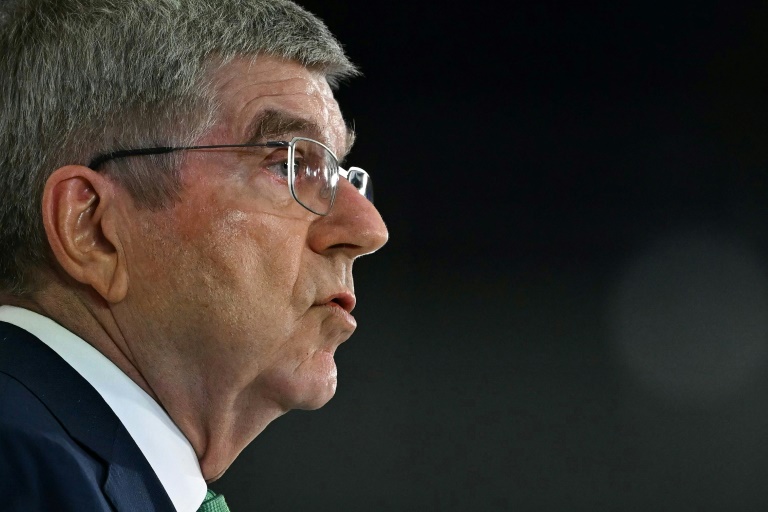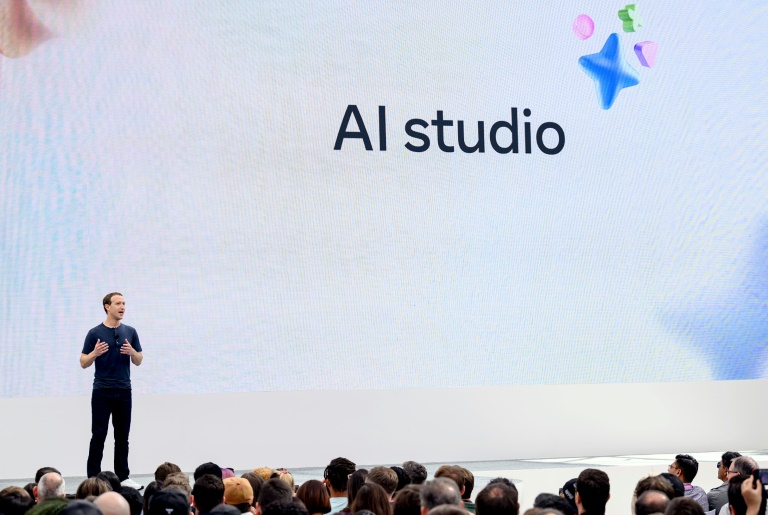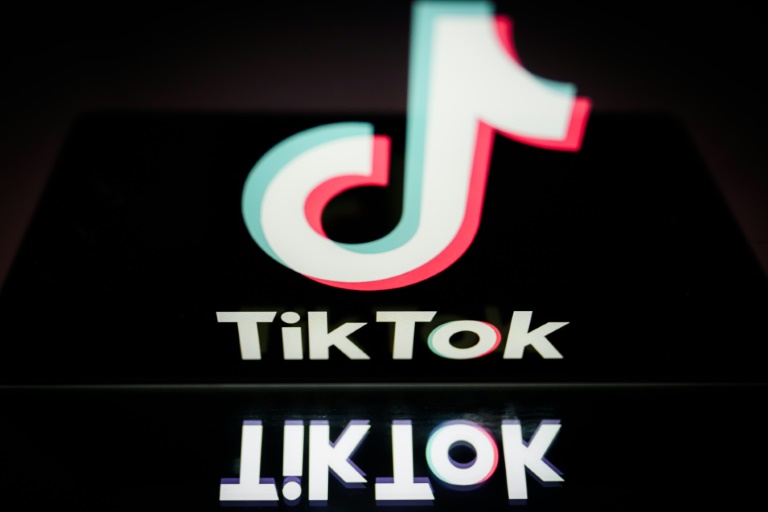Twitter whistleblower Peiter Zatko told the US Congress Tuesday that the platform ignored his security concerns, with his testimony coming as company shareholders greenlit Elon Musk’s $44 billion takeover deal.
The shareholder decision clears the way for the contract to close, even as billionaire Musk tries to exit it. Twitter has sued him to force it through, but analysts said testimony by Zatko, the social network’s former security chief, will put more pressure on the company as it heads to court next month.
“I’m here today because Twitter leadership is misleading the public, lawmakers, regulators and even its own board of directors,” Zatko, a hacker widely known as “Mudge”, told the hearing.
He said that, during his time as head of security for the platform from late 2020 until his dismissal in January this year, he tried alerting management to grave vulnerabilities to hacking or data theft — but to no avail.
“They don’t know what data they have, where it lives, or where it came from. And so, unsurprisingly, they can’t protect it,” Zatko said during his opening remarks to the Judiciary Committee.
“Employees then have to have too much access (…) it doesn’t matter who has the keys if you don’t have any locks on the doors.”
Zatko testified that he brought concrete evidence of problems to the executive team and “repeatedly sounded the alarm”.
“To put it bluntly, Twitter leadership ignored its engineers because key parts of leadership lacked competency to understand the scope of the problem,” he said.
“But more importantly, their executive incentives led them to prioritize profits over security.”
Twitter has dismissed 51-year-old Zatko’s complaint as being without merit.
But revelations of his whistleblower report in the US press in August were perfectly timed for Tesla chief Musk, who has used it as part of his justification for abandoning his unsolicited $44 buyout bid.
– ‘Elephant in the room’ –
In his report, Zatko directly refers to questions asked by Musk about bot accounts on Twitter, saying the company’s tools and teams for finding such accounts are insufficient.
Musk has listed bot accounts as among the reasons to justify his walking away from the deal. Twitter is suing to force him to complete the buyout, with a trial set to go ahead on October 17.
Zatko’s testimony “puts more pressure on Twitter camp ahead of Musk/Twitter trial,” Wedbush analyst Dan Ives told AFP.
“The Twitter shareholders approving this deal was a no brainer but now the major challenge begins with the Musk trial,” he said.
“The elephant in the room is the Zatko situation which could be an albatross for the Twitter camp and throw this deal off track.”
If Twitter prevails at trial, the judge could order the Tesla chief to pay billions of dollars to the company, or even complete the purchase.
Twitter CEO Parag Agrawal declined to testify at Tuesday’s hearing, citing the Musk litigation, Senator Chuck Grassley said.
Zatko insisted he had not made his revelations “out of spite or to harm Twitter.”
“Far from that, I continue to believe in the mission of the company,” he told Tuesday’s hearing.
Musk, himself an avid Twitter user, did not comment immediately on the hearing — but tweeted a popcorn emoji as Zatko spoke, suggesting he was watching the proceedings closely.

 Business4 months ago
Business4 months ago
 Business4 months ago
Business4 months ago
 Events6 months ago
Events6 months ago
 People4 months ago
People4 months ago
 Events3 months ago
Events3 months ago
















